Talking Drum With Stick – Ilu Gangan
₦31,000.00 Original price was: ₦31,000.00.₦28,000.00Current price is: ₦28,000.00.
Key Features
Talking drum (ilu gangan)
Plainly African
Beautifully made
Strong
very easy to hold
comes with the stick
Handles might come in different colors
What’s in the box
talking drum

A talking drum is a beautiful instrument created by the Ashanti and Yoruba people of Ghana and Nigeria. The talking drum is also called a waisted drum because it has an hourglass shape with a waist in the middle.
Skins are stretched over the ends of the drum, and held in place by many cords. The drum heads at either end of the drum’s wooden body are made from hide fish-skin or other membranes which are wrapped around a wooden hoop. Leather cords or thongs run the length of the drum’s body and are wrapped around both of the hoops.
When the cords are tightened, the skin gets pulled tighter and the pitch of the drum gets higher. When the cords are relaxed, the pitch goes lower. The player must hold the drum between his upper arm and left side and use his arm to squeeze and relax the cords while he is striking the drum with a mallet in his right hand.
The symbolism and history of the talking drum
Talking drums have often symbolized the power of a traditional political leader, and skilled drummers have held considerable status in the West African communities. Early slave traders felt threatened by the talking drum because of the potential of talking drums to speak in a tongue unknown to them. Hence, these and other drums were once banned from use by African Americans in the United States.
How you can play the talking drum
Playing a talking drum is a great introduction to African music! They are easy to pick up and great for beginner musicians. It is a musical instrument that greatly compliments any music type. The talking drum can be played in a standing or seated position. Hold the curved mallet in the hand you normally write with. Tuck the drum under the opposite arm, the center of the ropes about even with the biceps and ribs. Some also may prefer to place the drum vertically between the legs so as to squeeze the ropes between the thighs. As you strike the head with the flat surface of the mallet change the pitch by squeezing the ropes at various intervals. Try to make your talking drum mimic a song you know or a spoken phrase!
For high tones: After squeezing the cords tightly, hit the drum with the stick near the drum head’s center, and bounce the stick off the surface.
For lower tones: After releasing the cords, hit the drum with the stick near the drum head’s center, and bounce the stick off the surface.
Cleaning and Care Instructions:
The talking drum is very durable, however you should avoid exposing it to too much direct sunlight, extreme heat or cold, dampness, rain, snow, etc.
Your talking drum can be cleaned with a damp cloth, but don’t apply cleansing agents or other cleaning tools.Handles might come in different colors
Key Features
Talking drum (ilu gangan)
Plainly African
Beautifully made
Strong
very easy to hold
comes with the stick
Handles might come in different colors
What’s in the box
talking drum
Vendor Information
- Store Name: J. Sam Industry
- Vendor: J. Sam Industry
-
Address:
Nigeria
Kwara -
5.00 rating from 1 reviewRated 5.00 out of 5 based on 1 customer rating

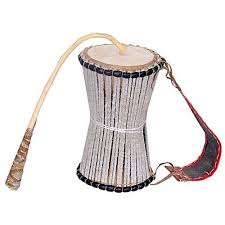

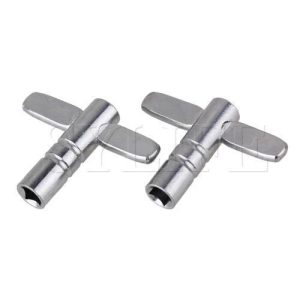
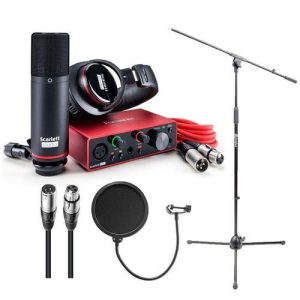
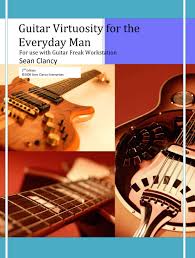
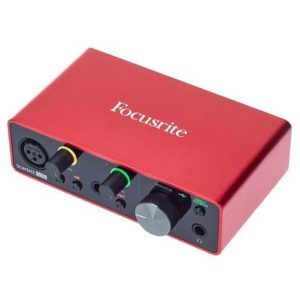
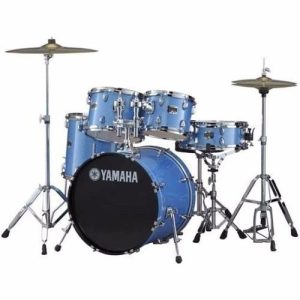
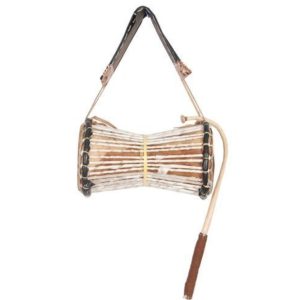
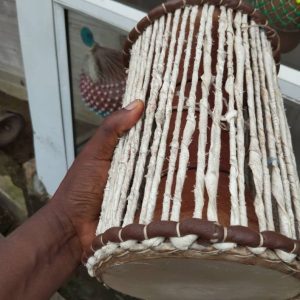
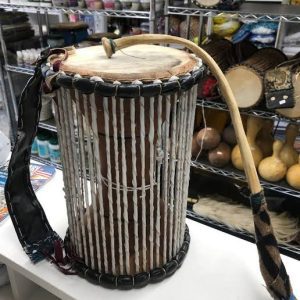

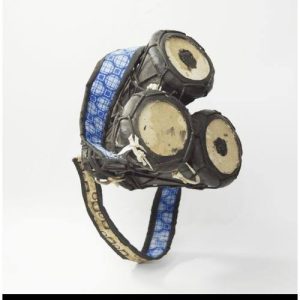
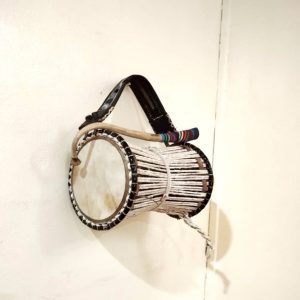
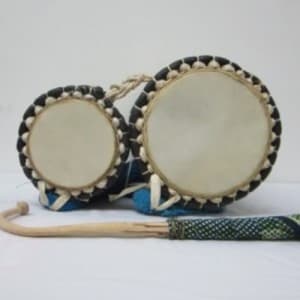
Reviews
Clear filtersThere are no reviews yet.